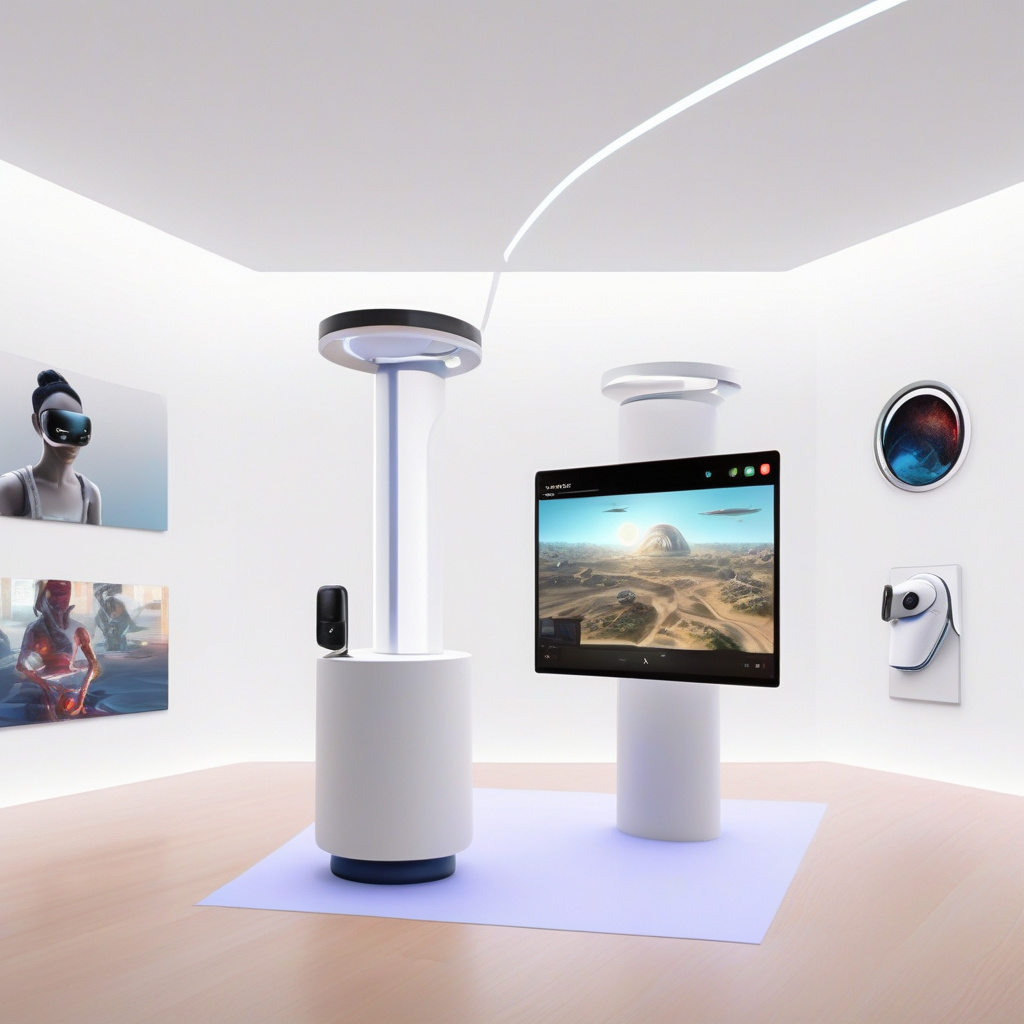In the ever-evolving landscape of tech, Google’s latest unveiling at Google I/O 2025 has sent ripples through the industry. The reveal of Android XR-powered smart glasses marks a significant step towards a more immersive and connected future. With features like cameras, microphones, speakers, and in-lens displays, Google is poised to redefine how we interact with the world around us.
However, amidst the buzz surrounding Google’s foray into smart glasses, a formidable competitor looms large – Meta. Meta, formerly known as Facebook, has already made strides in the smart glasses arena with its Meta Ray-Bans. These sleek and functional glasses offer similar features to Google’s offering but are backed by Meta’s extensive user data and AI capabilities.
Despite Google’s strong foundation in search, productivity, and lifestyle apps, Meta’s head start in the smart glasses market poses a significant challenge. Meta’s ongoing collaboration with EssilorLuxottica and the upcoming release of new styles from Oakley indicate a robust roadmap for their smart glasses lineup.
While Google’s Android XR smart glasses hold promise, the timing of their retail availability remains uncertain. Developers are still awaiting access to development tools, hinting at a potentially lengthy timeline before widespread adoption. On the contrary, Meta’s upcoming variants of the Ray-Bans are poised to hit the market sooner, potentially closing any gap that Google’s announcement may have created.
As the tech giants gear up for a showdown in the smart glasses arena, it’s clear that innovation and user experience will be the key differentiators. While Google’s Android XR smart glasses offer a glimpse into the future of wearable tech, Meta’s established presence and upcoming releases showcase a competitive spirit that will keep the industry on its toes.
In conclusion, the stage is set for a showdown between Google and Meta in the realm of smart glasses. Both companies bring unique strengths to the table, setting the stage for a battle of innovation and user-centric design. As the tech world eagerly awaits the next chapter in this unfolding narrative, one thing is certain – the future of smart glasses has never looked more exciting.

